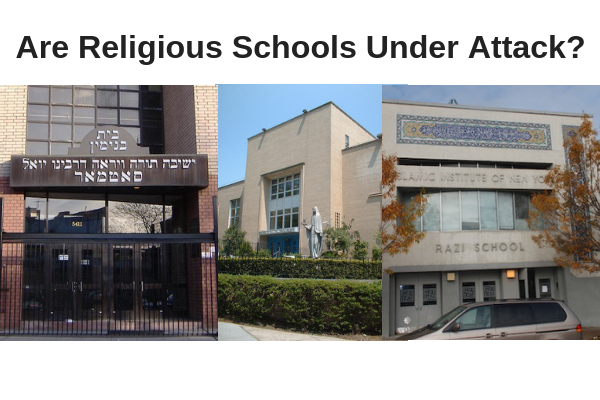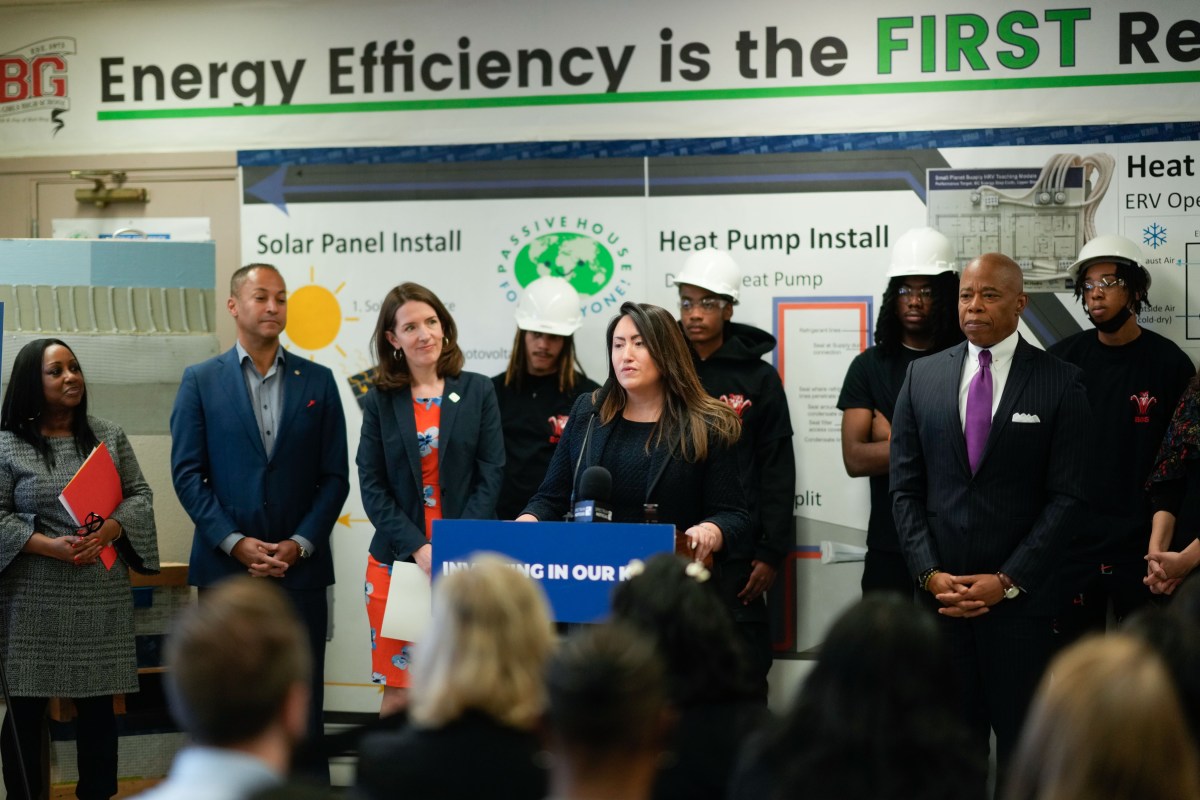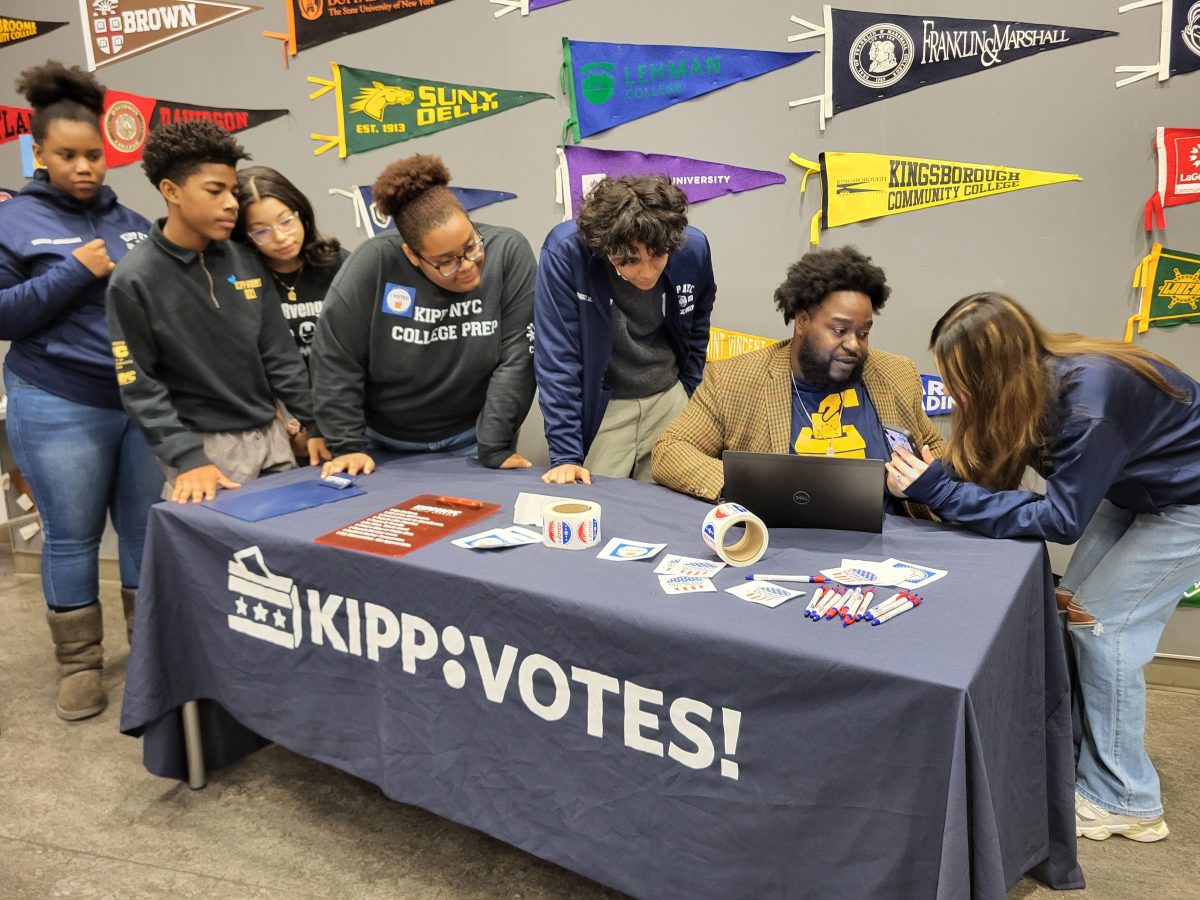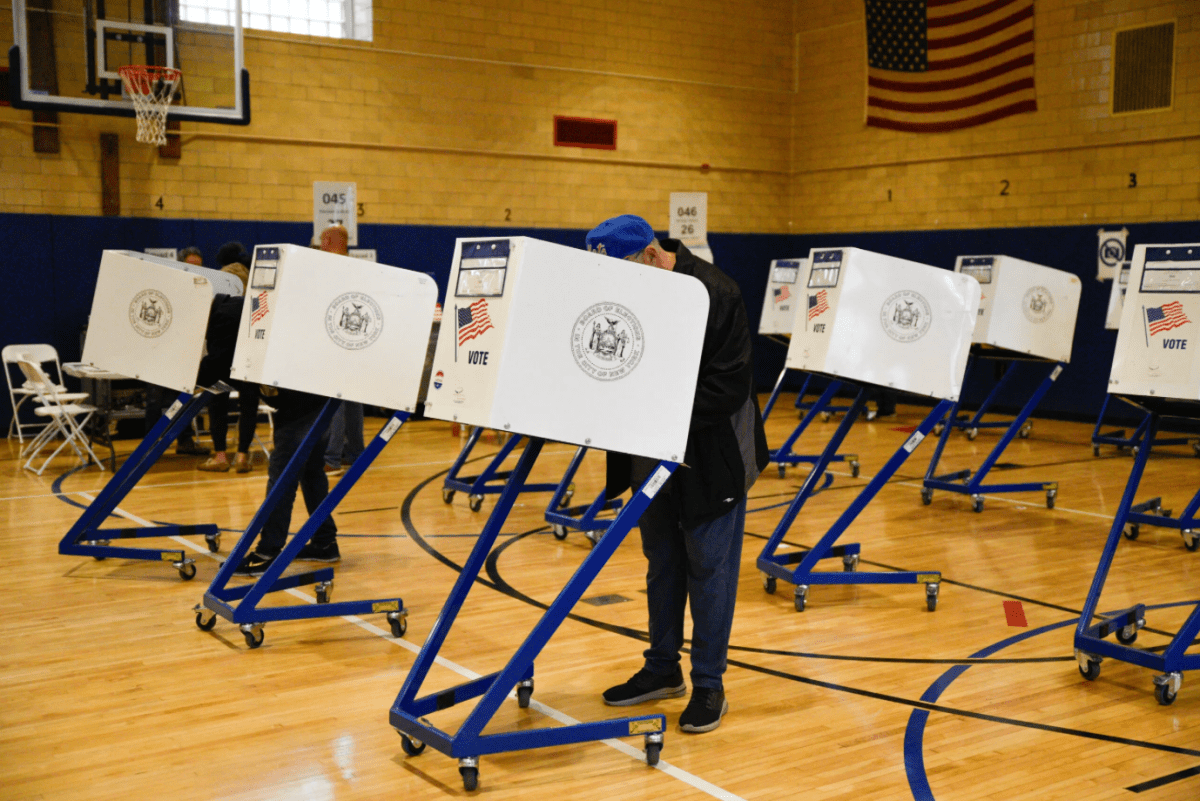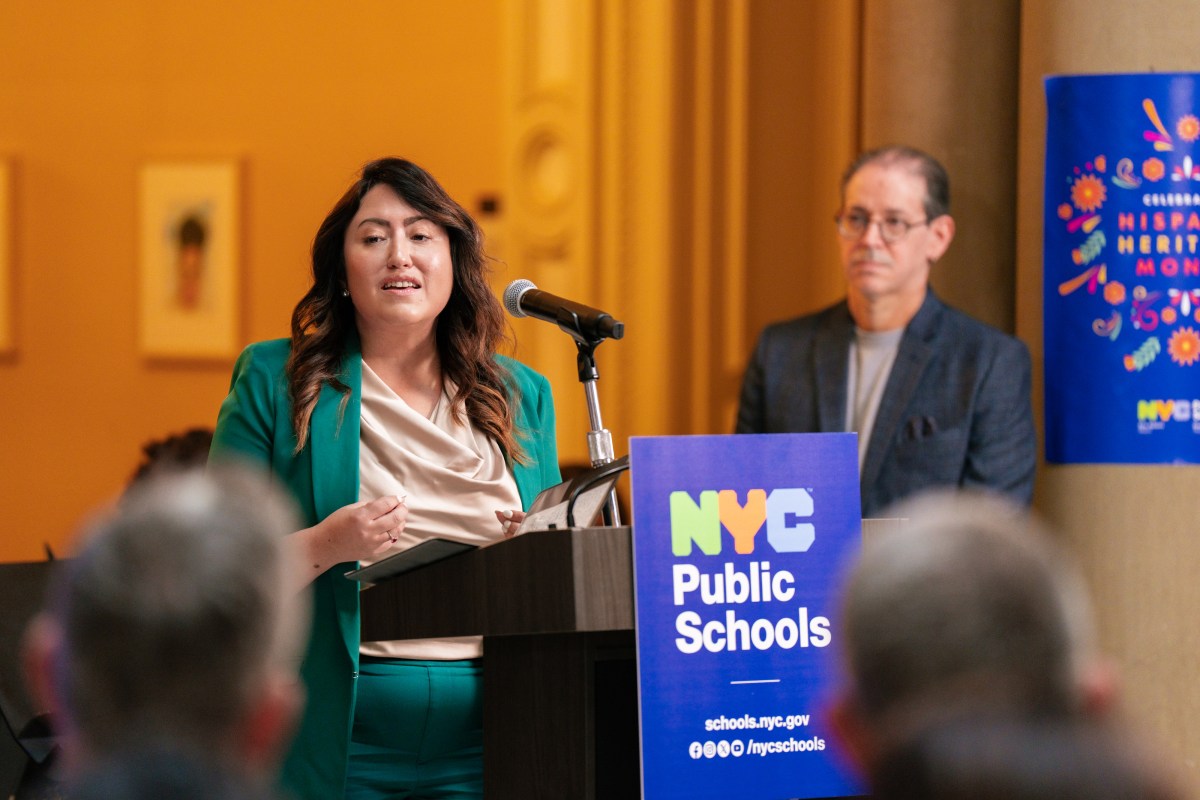More than half of the city council fired off a letter to the State Department of Education (SDE) saying the state is going down a slippery slope with an “unprecedented incursion into private schools curricula” regarding new state equivalency guidelines released last month.
The guidelines come on the heels of a several-year attack from a former disgruntled yeshiva student, Naftuli Moster, the founder of Young Advocates for Fair Education, or YAFFED, a group that advocates for improved secular education at yeshivas.
Some of the rules of the new guideline include:
- The City Education Department must inspect about 800 private and religious schools every five years.
- Non-public middle schools must provide 72 minutes of math education every day.
- Schools must provide sample lesson plans; lists of textbooks; samples of daily, weekly, monthly, and yearly schedules; the framework for education in English, math, science, and social studies.
- If a school is still not in compliance, government-funded services like textbooks and transportation could be withheld, and students would ultimately be directed to go to another school or be declared truant.
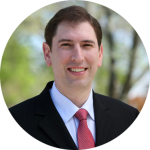
But City Council Member Chaim Deutsch (D-Sheepshead Bay, Manhattan Beach, Brighton Beach, Homecrest, Midwood), chair of the council’s Jewish Caucus, says the new guidelines came with no conversation or open dialogue with stakeholders including educators at Jewish, Muslim and Christian private schools.
“This is a state infringement on private schools that affect 2,000 private schools and 500,000 students across the state. Private schools should be able to run on their own. The state should not be telling private schools how to run their schools,” said Deutch, the lead author of the letter sent to SDE Commissioner MaryEllen Elia.
“Private, religious schools provide a much-utilized service to New Yorkers of faith who aim to provide their children with both a secular and a religious education. These parents have the legal right to choose private schools for their children, and they often pay hefty tuition rates to ensure that their child is receiving the best possible standard of education. It is our perspective that the guidelines released by your Department overstep into attempting to have private schools become curricular clones of the public schools,” the lawmakers wrote.
The letter argues that while everyone can agree that all children are entitled to a sound basic education, the new guidelines requiring seven separate courses for elementary students, and eleven compulsory courses for middle-schoolers go far beyond that.
“Fundamentally, we are concerned that the State Education Department is forcing its way deep into private school practices with this unprecedented incursion into private schools’ curricula. It is imperative that the State of New York, home to people of many different cultures, backgrounds, and religions, respects the rights of parents to choose the best school for their children. It is furthermore critical that the State refrains from threatening to remove student-based funding from schools that do not acquiesce to these guidelines,” the letter states.
The letter goes on to state how there has been no opportunity for public input either from other policy makers, elected officials, or affected schools, educators, and parents.
“We are particularly troubled by reports that community leaders have reached out to the State Education Department with concerns and have received no reply. On a matter of such vital importance, it is absolutely essential that there be clear communication and dialogue between the State Education Department and those affected by its guidelines,” according to the letter.
The letter notes that the substantial equivalency requirement has been on the books since 1897, and while there are surely individual schools – both public and private – that need to improve, there is no reason to radically alter the relationship between the State and the private school community.
Besides, Deutsch, the Brooklyn City Council members that signed onto the letter include Laurie Cumbo, Stephen Levin, Rafael Espinal, Robert Cornegy, Mathieu Eugene, Justin Brannan, Alicka Ampry-Samuel and Alan Maisel.
Among the Queens City Council members signing onto the letter include Karen Koslowitz, Donovan Richards, Paul Vallone, Eric Ulrich, Peter Koo, Robert Holden and Rory Lancman.
In total 28 of the 51 city council members signed onto the letter.


